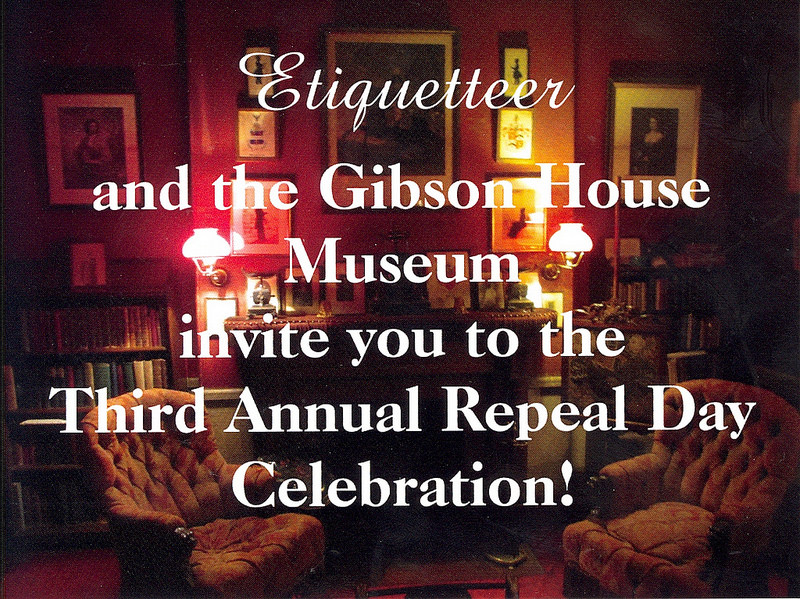Dear Etiquetteer:
This question pertains to appropriate workplace behavior, and I can’t tell if I’m being too stuffy or not.
I work in a medium-sized office building (~200 employees), which provides several picnic tables for use in nice weather. Lately, a handful of employees have taken to bringing a picnic blanket and sitting under a shady tree. This involves some state of disrobing (shoes, perhaps an outer shirt) and decided lounging (one employee was lying on her stomach). While not a common occurrence, VIPs do come and go from our building, often parking just feet from this “picnic site.”
When I heard of such plans, I enthusiastically suggested the lovely shady park just a five-minute walk from the office to avoid the slippery slope to sunbathing, naps, etc. The response was not received well. So, the question is: despite the fact that it is indeed their lunch break/free time, is it appropriate for employees to be picnicking, lounging, and shoeless on company grounds during office hours where VIPs may be parking and entering the building?
Dear Stick in the Mud:
A picnic table outside the office is like open bar at the office holiday party. It’s best not to take full advantage of it, because the results may make the wrong impression. Of course this kind of slackening of behavior in the workplace got started because many employees no longer dress professionally. “Casual Friday” at many workplaces has been replaced by “Casual Everyday,” which VIPs of another generation might not think is a great idea, whether it's at a picnic table or a boardroom table. Etiquetteer would rather stick in the mud with you . . . but not so enjoyably that it might be considered wallowing.

Dear Etiquetteer:
I am working as an artist in a Well-Appointed Home, and have a number of people on my own staff that come in during the day to help me. My question is: how should my staff address the butler? The complicating factor is that the butler's full name is John James. Two of the children in the household are John and James. The household gets around this by addressing the butler by a nick name, but that seems too familiar for my staff to use. I asked my hosts, but got two different answers. I asked the butler what he prefers, but of course, he won't express an opinion, and I am unable to read any subtle clues he may be giving me. He has been invaluable so far, and the project will run for several months, so I'm anxious to do the right thing.
Dear Buttled:
Invaluable as this butler may be, he does you no favor by not stating unequivocally precisely how he prefers to be addressed. This rather annoys Etiquetteer, as it's not a very helpful attitude! Without specific direction, your staff could call him "Hey, you!" and it would be Legitimate (if not Perfectly Proper) simply because he has not stated a preference when asked. Etiquetteer has encountered this before, when asking people how to pronounce their names and being told either "Oh, anything" or "Either one." Neither answer is helpful! Etiquetteer has finally decided that the best question to ask in that circumstance is "How do you pronounce your own name?"
But to return to your own query, butlers are always addressed by what used to be called visiting staff or "inferiors" as "Mr. [Insert Last Name Here]." If, after a week of this, he finally tells members of your staff, "Oh, just call me Honey," then you might have a workplace harassment issue.

Etiquetteer suspect you must have a summer-related etiquette question about seersucker, gin and tonics, or vacation behavior. Do send it along to <queries_at_etiquetteer.com.>







